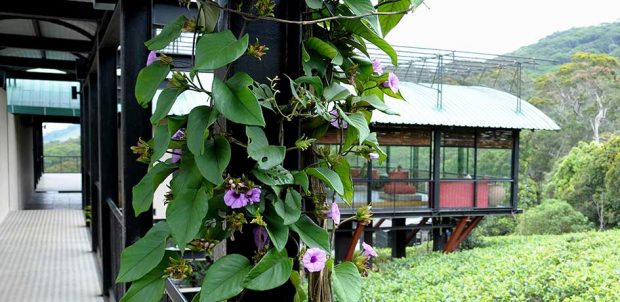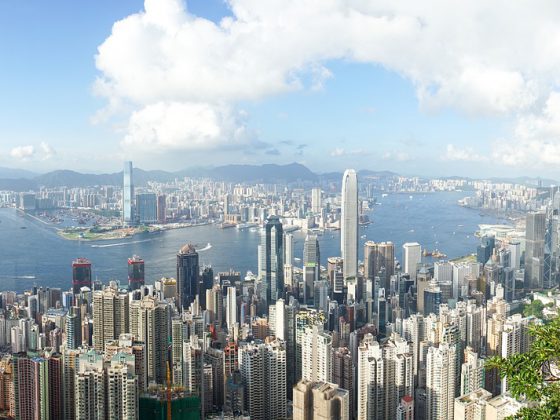
The natural world around is awe-inspiring in every way, be it majestic beauty or raw power. Pristine and picturesque, nature also plays a pivotal role in sustaining human life and providing a vital balance that we often can take for granted. It is in this context that ecotourism comes into play. According to The International Ecotourism Society (TIES), the definition for ecotourism is “responsible travel to natural areas that conserves the environment, sustains the well-being of the local people, and involves interpretation and education”. This idea of responsible travel is something that should be foremost not only for tourists but the hospitality industry too which needs to play a major role in getting involved in eco-friendly initiatives and conservation.
In this regard, Sri Lankan ecotourism is becoming a key concept that is being focused upon by more and more hotels and resorts. Such a focus not only helps to preserve the environment and the rich natural heritage of the island, but also to cater to the growing number of local and international eco-tourists who are in search of genuine eco-friendly experiences. There are many examples of this burgeoning niche sector; for example, travellers now have the chance of staying at a Sinharaja eco lodge Sri Lanka has to offer near the Sinharaja Forest Reserve, which is a biodiversity hotspot and UNESCO World Heritage Site. Properties such as The Rainforest Ecolodge – Sinharaja let guests enjoy eco-friendly living by the borders of this mighty rainforest and get involved in activities and excursions where they can learn more about the flora and fauna that call this place home.
Another important factor that has to be taken into consideration is the way in which local communities are involved in eco-tourism as well. These communities and their livelihood are most often directly tied to the environment around them; the need of the day is for sustainable development initiatives that look to make them active participants in environmental conservation.
As part of the eco-tourism movement in Sri Lanka, local hotels and resorts are looking for ways to minimise their carbon footprint as well. Of course, any measures have to be done in a sustainable manner and should not just be for “show”, but rather a sustainable and fully committed effort to protect the environment.
Caleb Falcon is a travel writer who specializes in writing content based on the many exciting world adventures that await intrepid travellers. Google+









